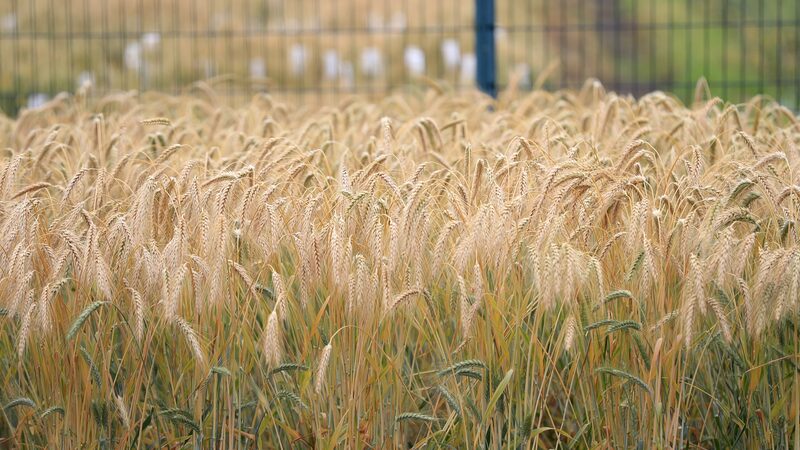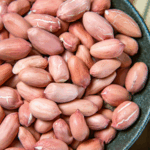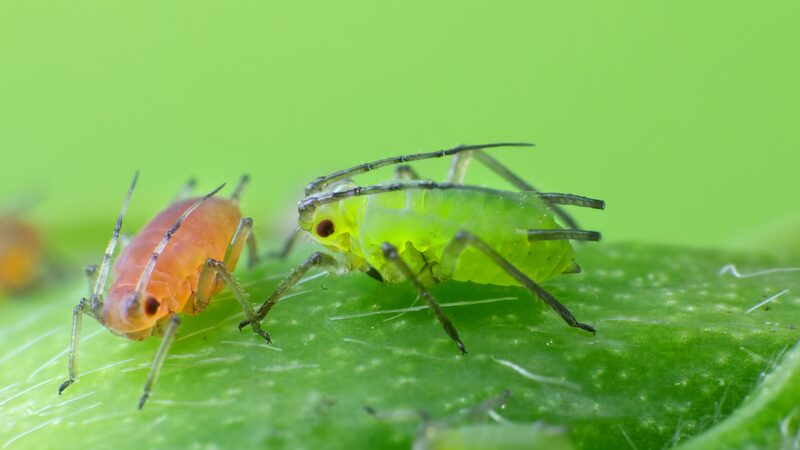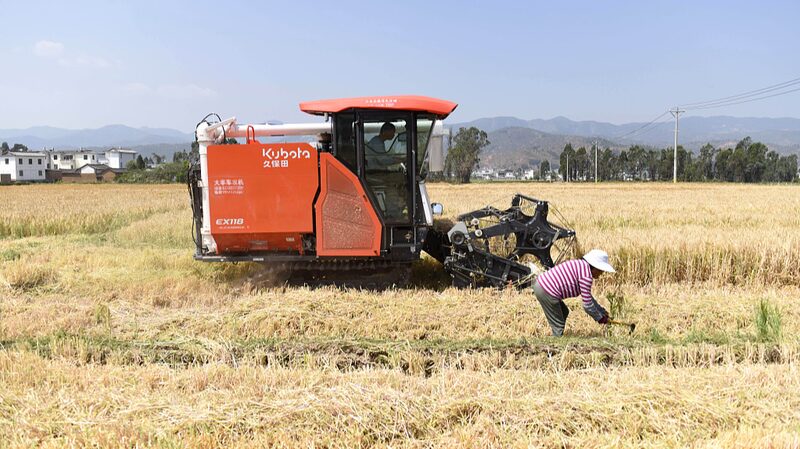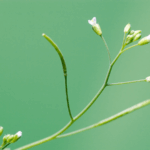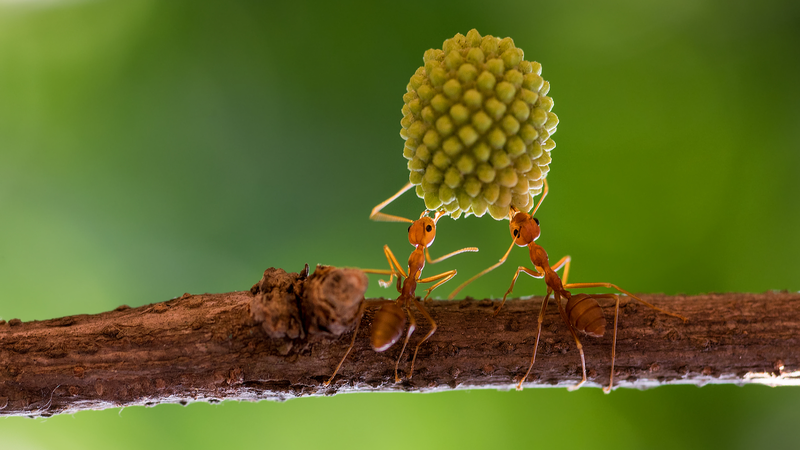An international team of scientists from China and Britain has uncovered a treasure trove of genetic diversity in a historic wheat collection, with at least 60% of its genes remaining unused in modern agriculture. This groundbreaking discovery promises to revolutionize wheat cultivation and bolster global food security.
The collaborative study was led by researchers from the Agricultural Genomics Institute in Shenzhen under the Chinese Academy of Agricultural Sciences and the John Innes Centre in Britain, along with other international partners. Their findings were published in the latest issue of the renowned scientific journal Nature.
By analyzing the genetic makeup of century-old wheat varieties, the team identified a vast reservoir of untapped genes that could be harnessed to improve modern wheat strains. These genes hold the potential to enhance yield, increase resistance to pests and diseases, and improve adaptability to changing climate conditions.
“Our research reveals that modern wheat varieties utilize less than half of the genetic diversity available,” said a lead scientist from the Chinese team. “By tapping into this unused diversity, we can develop more resilient and productive wheat crops.”
The discovery comes at a critical time as the world faces the challenges of feeding a growing population amid climate change and diminishing arable land. Wheat is a staple food for over a third of the global population, and improvements in its cultivation are essential for ensuring food security.
The partnership between Chinese and British scientists exemplifies the importance of international collaboration in addressing global challenges. By sharing expertise and resources, the team has opened new avenues for agricultural innovation that could benefit farmers and consumers worldwide.
The next steps involve integrating these genetic findings into breeding programs to develop new wheat varieties. This process will require extensive testing and cooperation among researchers, agronomists, and policymakers to realize the full potential of the genetic diversity uncovered.
“This is a significant milestone in agricultural science,” commented a researcher from the John Innes Centre. “Unlocking the genetic potential of wheat will have far-reaching impacts on food production and sustainability.”
Reference(s):
Chinese, British scientists tap unused historic wheat collection
cgtn.com
